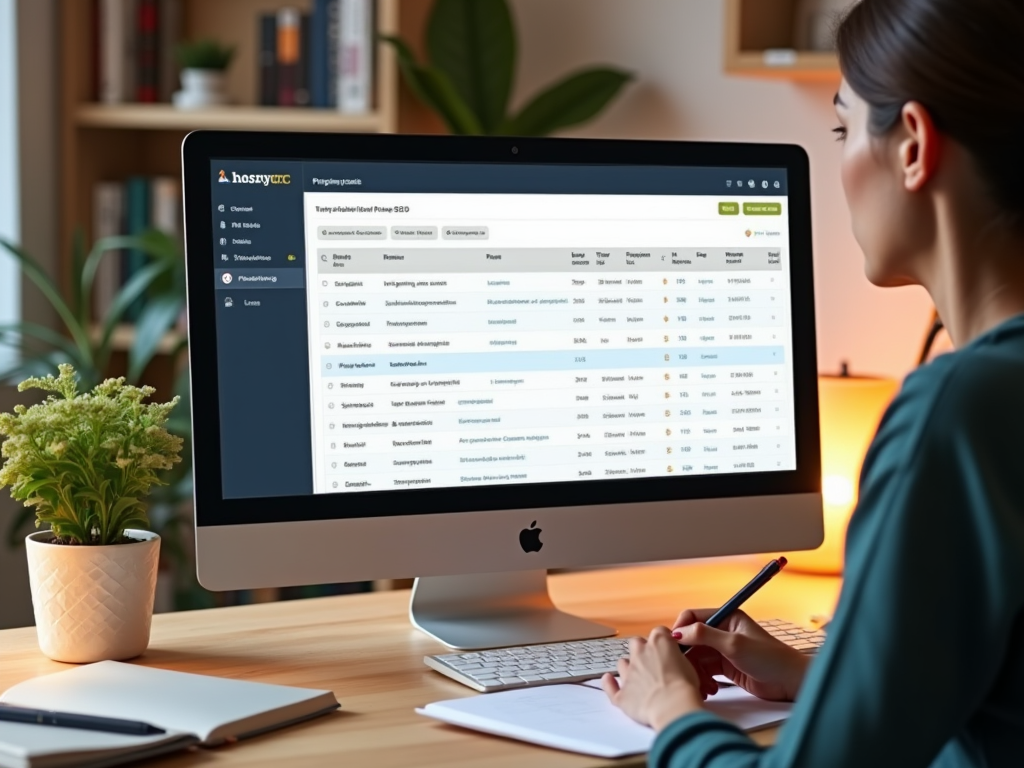
The Importance of Backlink Profiles in SEO
Backlink profiles play a pivotal role in shaping the effectiveness of a website’s SEO strategy. They serve as a testament to a site’s credibility and authority in the vast digital landscape. Through a well-curated backlink profile, a website can enhance its organic search visibility, attract more traffic, and ultimately boost its rankings on search engine results pages (SERPs). In this article, we will explore the significance of backlink profiles, the components of a quality backlink, and strategies to improve your site’s backlink profile. By the end, you will understand why backlink profiles are an integral part of successful SEO.
What is a Backlink Profile?

A backlink profile is essentially a collection of all the links pointing to a website. These links come from other websites that have deemed the content of the site valuable enough to reference. It’s important to note that not all backlinks are created equal. Some links can significantly boost a site’s ranking, while others might not have the same effect. Understanding a backlink profile involves analyzing the number of backlinks, their origin, and their relevance to your site’s content.
The composition of a strong backlink profile involves a diverse range of links from various sources. These include links from high-authority sites, niche-relevant sites, and even competitor sites. Moreover, backlinks should appear natural and should not be acquired through manipulative techniques, as search engines might penalize such actions.
The Components of a Quality Backlink

To build a robust backlink profile, it’s essential to focus on the quality rather than the quantity of backlinks. Here are the key components that define a quality backlink:
- Relevance: Links from sites within the same industry or niche add more value than irrelevant ones.
- Authority: Links from high-authority sites signal to search engines that your site is a reputable source of information.
- Diversity: A diverse backlink profile with links from various domains is more effective than having links from a limited number of sites.
- Anchor Text: The clickable text in a hyperlink should be relevant to the content it is linking to.
- No-Follow vs. Do-Follow: A healthy mix of no-follow and do-follow links is essential, as both contribute differently to your site’s SEO.
Improving a backlink profile requires strategic efforts and consistent monitoring. Here are steps you can take:
- Conduct a Backlink Audit: Regularly perform audits to identify low-quality or spammy links and disavow them to avoid penalties.
- Create High-Quality Content: Develop engaging and informative content that naturally attracts quality links from authoritative sites.
- Guest Blogging: Write guest posts for reputable sites within your niche to earn backlinks.
- Build Relationships: Network with industry influencers and other webmasters to build strong, natural backlinks through partnerships.
- Monitor Competitor Links: Analyze competitors’ backlink profiles to identify potential opportunities for your site.
Risks of a Poor Backlink Profile
A poor backlink profile can severely impact your site’s SEO efforts and performance. Links from spammy or irrelevant sites can lead to search engine penalties, causing a drop in rankings and visibility. Additionally, an unnatural influx of links might trigger algorithmic filters, negatively affecting site performance. Therefore, it’s crucial to maintain a clean and relevant backlink profile to uphold, or improve, search engine rankings.
To mitigate risks, continually monitor your backlink profile using tools like Google Search Console or third-party services. Address any issues promptly and strive for consistent enhancement of your link-building strategies.
Conclusion
Backlink profiles remain a cornerstone of effective SEO strategies. By cultivating a robust and diverse set of backlinks, websites can significantly enhance their search visibility and authority. It’s not just about accumulating a vast number of links but focusing on acquiring high-quality, relevant links that genuinely contribute to a site’s credibility. Regular auditing, quality content creation, and strategic outreach are vital to maintaining a strong backlink profile, enabling sustained growth and success in the digital arena.
Frequently Asked Questions
- What tools can I use to monitor my backlink profile?
Tools such as Google Search Console, Ahrefs, SEMrush, and Moz can help you monitor and analyze your backlink profile. - How often should I perform a backlink audit?
Regularly auditing your backlink profile at least once a quarter is recommended to ensure no harmful links are affecting your site’s SEO. - Can a backlink from a low-authority site be beneficial?
Yes, if the content is relevant to your niche and adds value, it can still contribute positively to your backlink profile. - What is a disavow tool?
A disavow tool allows you to inform search engines which backlinks to ignore, helping eliminate negative SEO impacts from spammy links. - Is it worthwhile to pay for backlinks?
Paying for backlinks is generally discouraged as it may violate search engine guidelines and lead to penalties. Focus on earning backlinks naturally through quality content and relationships.